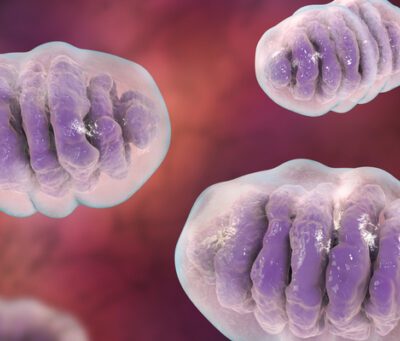Fast food consumption can lead to changes in the brain’s appetite control after just a few days, potentially causing long-term damage to the hippocampus. Researchers from Macquarie University in Sydney have published a study in the Royal Society Open Science journal, which reveals that foods such as pizza, fries, and burgers manipulate neural appetite regulation. The study involved 105 young, healthy participants who had a predominantly healthy and balanced diet. The participants were divided into two groups, with one group consuming fast food almost exclusively for eight days, while the other group maintained their healthy diet. The fast food group’s self-control was significantly reduced, and their craving for unhealthy snacks increased, even after eating a filling breakfast.
Previous studies have shown that fast food and other highly processed foods are one of the main causes of obesity and cardiovascular disease. The researchers used an experiment to objectively measure the participants’ self-control, offering them unhealthy snacks before and after breakfast on the first and last days of the study. The results showed that the fast food group’s self-control was significantly reduced after just seven days, while the control group did not experience any changes. The researchers recommend further investigation into the role of the hippocampus in understanding the exact cause-and-effect relationship.
The hippocampus is particularly susceptible to environmental influences, and previous studies have shown that a poor diet could lead to permanent damage to this region of the brain. The study’s findings highlight the importance of a healthy diet and the potential dangers of consuming fast food regularly. It is essential to educate people about the long-term effects of unhealthy eating habits and encourage them to make healthier choices to protect their brain health.










